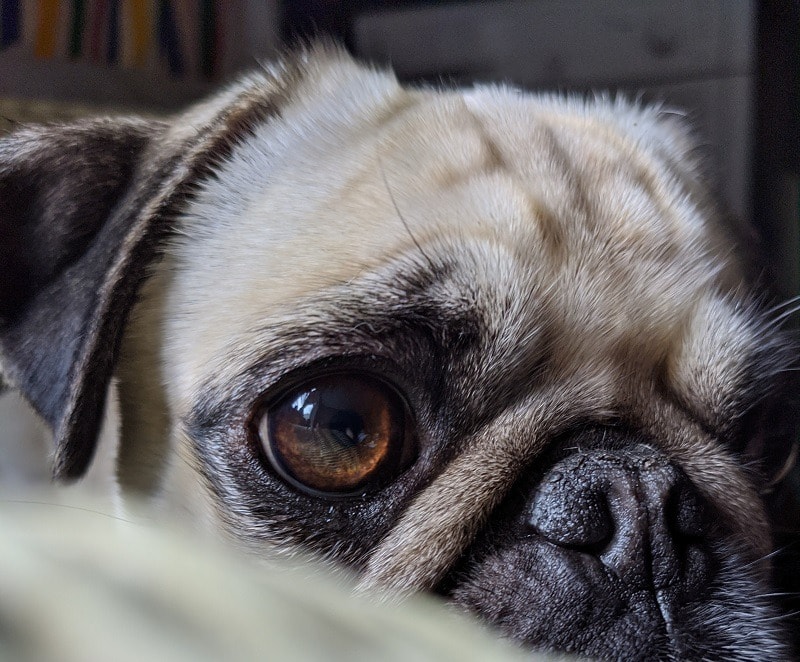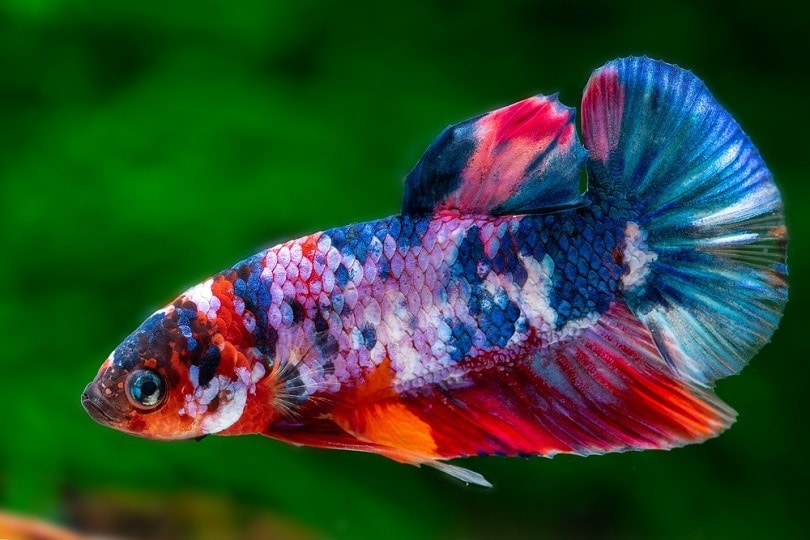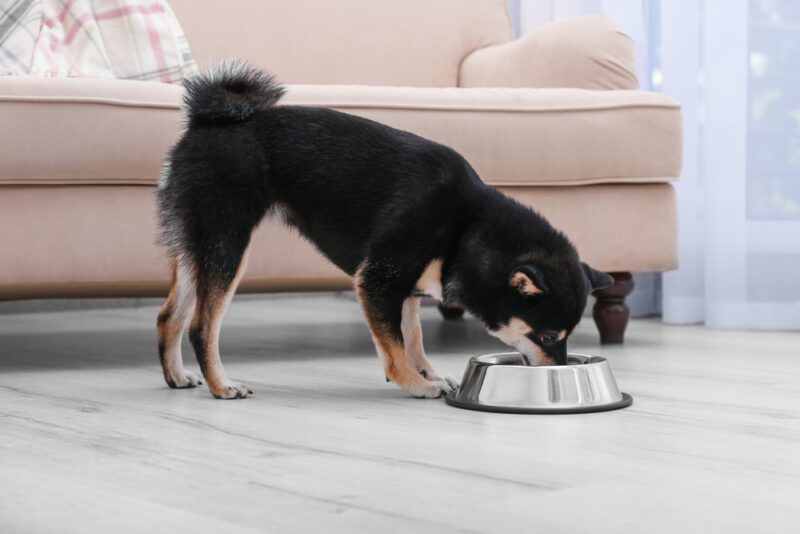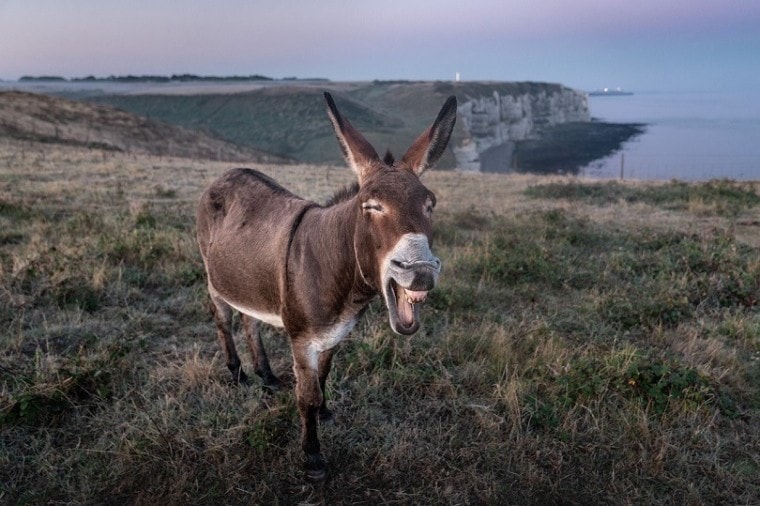
When you pass a farmer’s field, you might see some miniature donkeys in the pasture that look like they need a good petting session. If you have been thinking about buying any farm animals, but don’t have the space for full-sized animals, you might be considering miniature versions instead.
Miniature donkeys can make great pets, and they don’t require as much space, care, or expense as a full-size donkey, however, it can be somewhat costly to keep up with their medical needs. Additionally, serving as pets is their full-time job, as they don’t lend any financial benefit to farming. Let’s discuss whether or not a miniature donkey is right for you.
 Facts About Miniature Donkeys
Facts About Miniature Donkeys
| Scientific Name: | Equus Asinus |
| Origin: | Mediterranean Islands |
| Weight: | 200-450 pounds |
| Height: | 36 inches |
| Color: | Grey, Brown |
| Lifespan: | 25-30 years |
| Temperament: | Docile, affectionate |
What Is It Like to Own a Miniature Donkey?
Owning a miniature donkey is just as rewarding as you might imagine. These lovable sweethearts are super gentle creatures that are generally easy to handle and manage.

Miniature donkeys are affectionate
Because of the docile nature and extreme affection of the miniature donkey, they make excellent pets for children. They are not likely to kick, get frantic, or be aggressive towards little ones. They tend to be very relaxed and patient.
Because they are so people-friendly, they can be a perfect candidate for 4H and other farm-related activities for youth.
Miniature donkeys are intelligent
Miniature donkeys are incredibly intelligent farm animals, including reasoning skills in their everyday activities. However, it is not likely that they will use their intelligence to be particularly ornery. They tend to go with the flow without causing too much disruption.
Even though they are super bright, they prefer to take the laid-back approach to life. Your donkey will much prefer some head scratches to rigorous training.

Miniature donkeys are hardy
Donkeys are incredibly hardy creatures, being able to withstand multiple different types of environments—from frigid to scorching. As long as they have the right pastors to graze in, they can withstand very hot or very cold climates, depending on where you live.
Since they are so sturdy, they don’t encounter very many health problems, saving you money long-term on vet care.
Miniature donkeys have simple diets
Miniature donkeys are not hard to take care of, nor do they require as much commercial grain as other barnyard animals. They get many nutrients from grazing, but they also need high-quality hay and crimped oats.
You can also feed your mini lots of fresh fruits and veggies—they are bottomless pits sometimes!
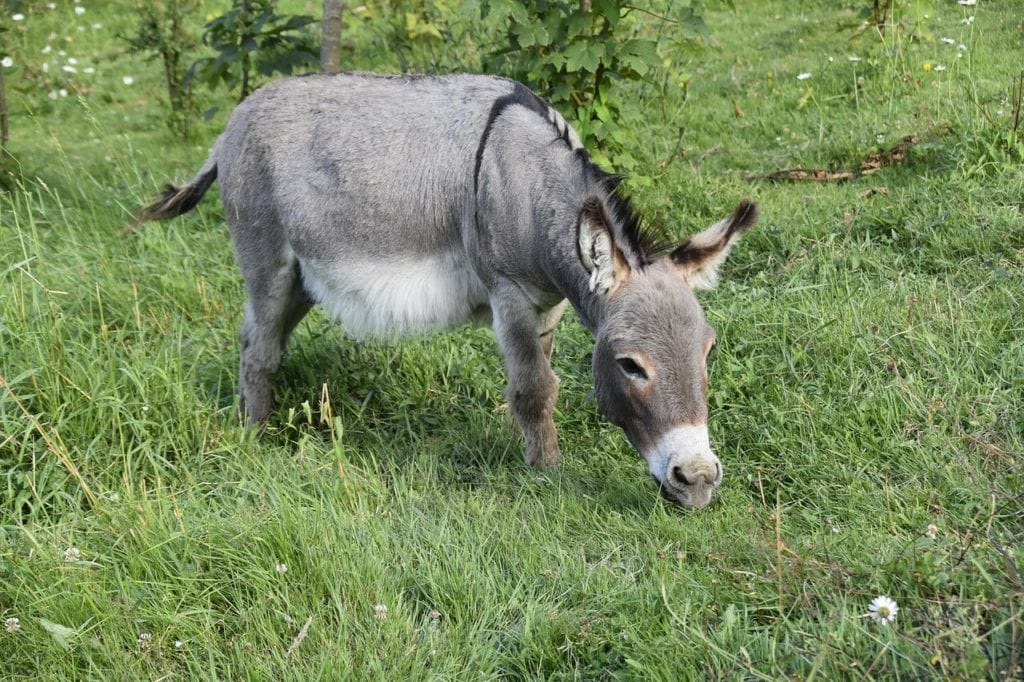
Environmental Factors
If you plan to welcome home a miniature donkey, the proper external environment is crucial. So what exactly do they require?
Size of Shelter
You should have at least 40 square feet per miniature donkey. While they don’t need an extensive shelter, they will need a weather breaker to keep them out of the harsher elements to stay dry and protected.
Most of the time, a three-sided enclosure works just fine. They can come and go as they please—and that’s just how they like it.
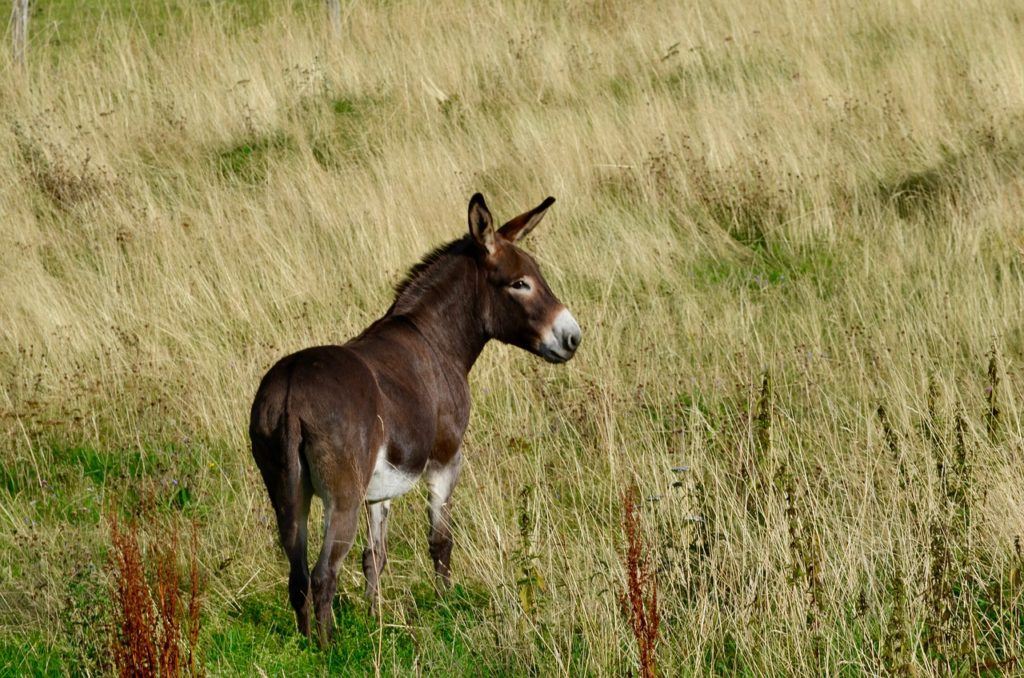
Grazing Space
A good recommendation is to give your miniature donkey at least one acre of space to roam and graze. They benefit very much from being able to nibble on all of the delicious greenery around them. Plus, they need room to exercise their legs and explore new sights and smells.
Compatible Animals
Miniature donkeys are extraordinarily docile and get along with just about any type of barnyard buddy around. They can graze alongside small and large animals alike, regardless of whether they are the same species.
Of course, they would love having another like-friend around that is their own species. But it’s not necessarily a requirement when you own one of these cuties.

Proper Care
Even though these guys are lax and easy-going, they are still a big financial commitment. Here are some areas you’ll be paying out.
Vet Care
Miniature donkeys require annual vet care to stay healthy, eliminating potential issues. They need a routine dewormer every 3 months—plus, they need to stay up to date on vaccinations and checkups.
Feed
Even though miniature donkeys get lots of their nutrition from grazing, you still have to pay for commercial feed. In one day, a single mini will eat one pre-cut block of hay. Always make sure to have a fresh water source free of buildup and algae, too.
Hoof Trimming
Since donkeys have hooves, they need to get a professional trimming every four months. If you are an experienced trimmer, you may not have to dish out any extra cash. However, we don’t recommend doing this at home if you aren’t.

 Is Owning a Miniature Donkey Right for You?
Is Owning a Miniature Donkey Right for You?
Miniature donkeys require lots of space to roam, needing at least one acre per donkey. They get along very well with other farm life and people alike. Their calm temperaments make them perfect for small children, too.
All around, these guys are a joy to have on the farm. However, they are pets only—and serve no real financial benefit to farming. Calculate costs on how much you will spend to keep one of these adorable creatures before committing to purchase.
Featured Image Credit: Pixabay

 Facts About Miniature Donkeys
Facts About Miniature Donkeys